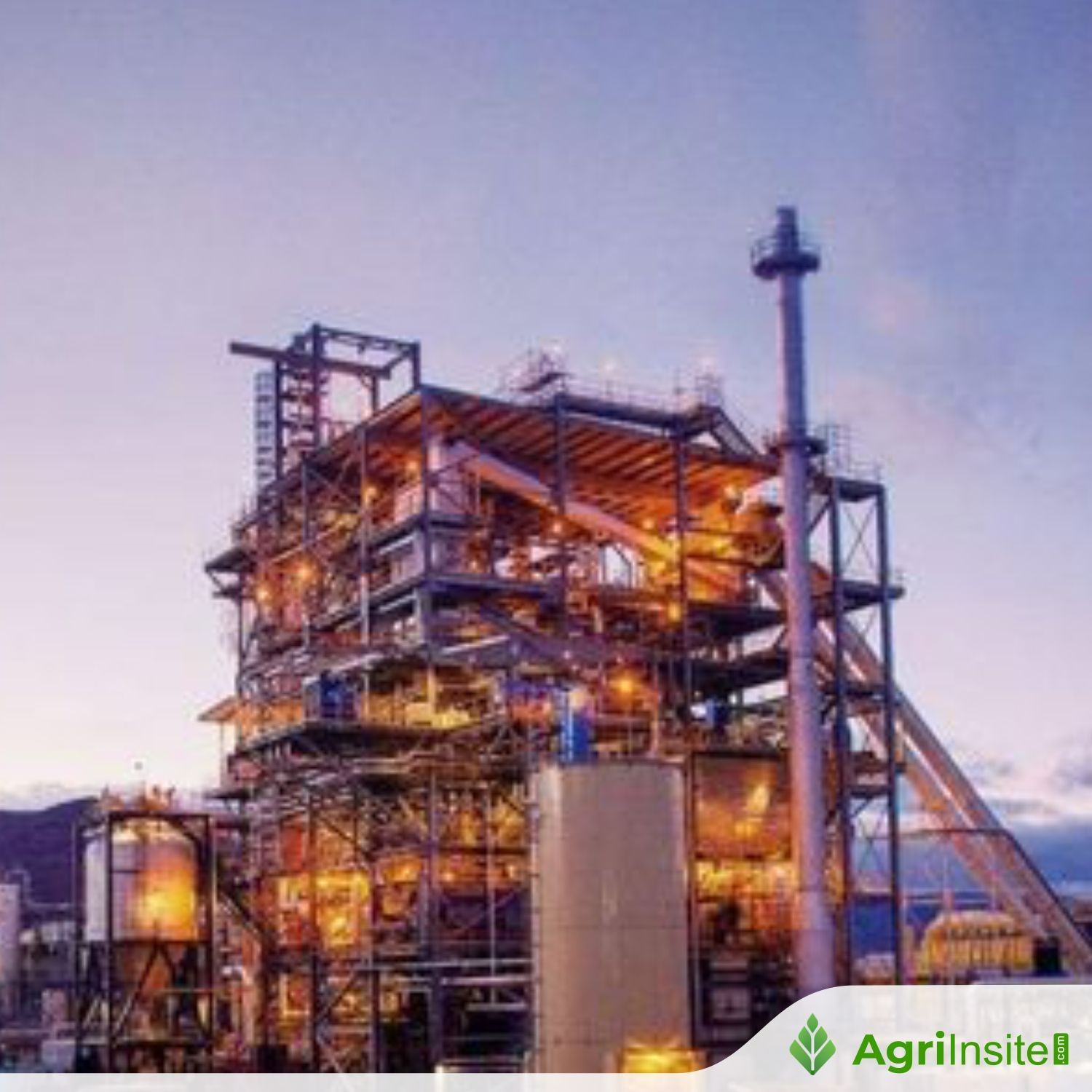Ethanol boost: EIL announces successful mechanical completion of biorefinery project in Assam

Engineers India Limited (EIL) announced the mechanical completion of Assam Bio Ethanol Private Limited’s bamboo-based bio-refinery in Numaligarh. Producing 49,000 TPA ethanol, 11,000 TPA acetic acid, and 19,000 TPA furfural, it achieves 99.7% ethanol purity. The plant supports India’s E20 program, benefits 50,000 bamboo workers, and is zero-waste.
New Delhi: Engineers India Limited (EIL) has announced the successful Mechanical Completion of the prestigious Bio Refinery Project of Assam Bio Ethanol Private Limited (ABEPL) in Numaligarh, Assam. It is set to be inaugurated by Prime Minister Narendra Modi on September 14 during his visit to Assam.
The project, aimed at producing 49,000 TPA of bioethanol, 11,000 TPA of acetic ccid, and 19,000 TPA of Furfural from raw bamboo feedstocks, is being executed by EIL in EPCM mode directly from the demo stage based on the technology supplied by Chempolis OY.
According to the (EIL), this marks one of the pioneering milestones achieved by EIL in its six-decade journey of providing services and building the nation’s energy infrastructure. This project is anticipated to set the benchmark for India’s Bio-refinery programmes in the coming years. It will not only boost the supply of ethanol for the transportation segment but also open more opportunities for the deployment of technologies related to the production of value-added products and chemicals from by-products of the Bio-refinery.
Numaligarh based bamboo-based bioethanol plant has reached a major technological milestone by successfully producing 99.7% purified ethanol, marking a significant breakthrough in second-generation (2G) ethanol production. The facility, which converts bamboo biomass into ethanol, is the first of its kind in India.
Touted as a transformative project for Northeast India, the plant is expected to benefit over 50,000 people involved in the bamboo supply chain. Officials highlight that the facility is self-sufficient in power, generating 25 MW of captive power, and is built as a zero-waste operation.
Beyond its regional impact, the plant is a strategic initiative aligned with India’s E20 ethanol blending program and is also seen as a key anchor for Japan’s clean energy footprint in the Northeast. The project stands out as a pioneering model in sustainable energy and biofuel innovation.
To Read more about Ethanol Industry & Bio Energy News, continue reading Agriinsite.com
Source : Chinimandi















